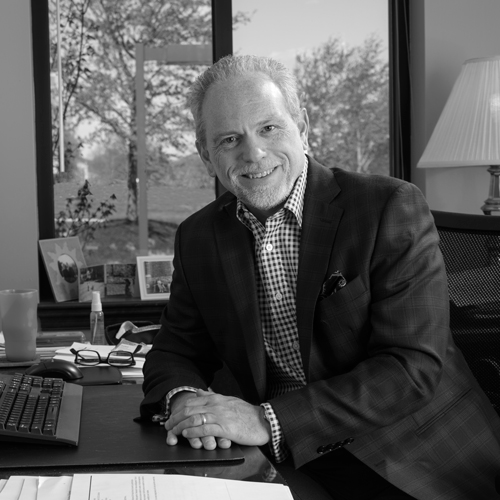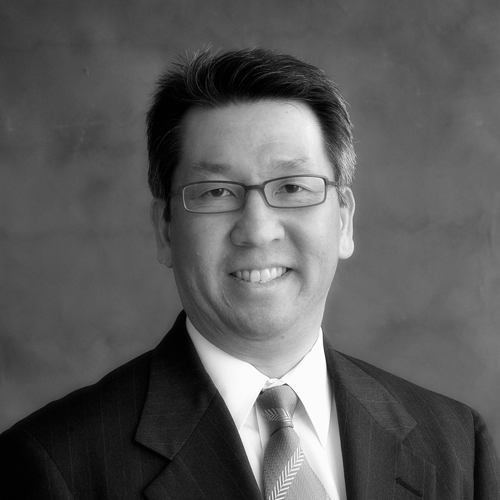Not every general counsel worries about leaky stadium joints, chicken wings, loud music, and the weather. But that’s all part of the job for Lonn Trost, chief operating officer and general counsel of the New York Yankees.
Trost first crossed paths professionally with the Yankees in the 1970s when, as a lawyer at Shea & Gould, he was asked to prepare a radio agreement for the Yankees. He served as outside counsel from the 1975-76 season through 1996-97 before coming in-house as the full-time general counsel. Now, he has almost 300 people in the front office reporting to him, directly or indirectly, and each of his roles—COO and general counsel—has a very different function. “As general counsel, I provide advice to the Yankees and its affiliates, handling everything from contracts and disputes to radio, TV, Internet, and social media issues,” Trost says. “As COO, I’m responsible for everything from personnel to events in the stadium. One day I may be concerned about a leaky joint in the stadium or how loud the music is being played, and the next day it may be player agreements.”
Part of his job as COO is to focus on revenue, some of which comes from selling tickets to Yankees games. “The Yankees are not just a baseball team,” he says. “They have history, tradition, and international recognition. We make certain the entire staff understands that’s what we’re selling and protecting. I have seen Mickey Mantle, Yogi [Berra], and Joe DiMaggio play. They were baseball. We had some of the best players ever in one city. You sell that. Some of today’s fans may not remember those days, but they all remember Derek Jeter and Mariano Rivera.”
Even with a great reputation, one of the biggest hurdles with selling tickets is dealing with speculators and brokers. “The secondary market is destructive for events beyond baseball,” he says. “People buy tickets to see an event. Speculators and brokers buy tickets to sell them and make money. Sports teams, colleges, and theaters are losing their exclusive right to sell their tickets.”
Trost also discussed the organization’s other source of revenue—non-baseball events at Yankee Stadium. These include soccer matches, football games, hockey, weddings, concerts, graduations, business meetings, charity functions, and whatever else people might want to rent out Yankee Stadium for. “We’ve had a boxing match and a bar mitzvah on the same day,” he says. Trost monitors every event and every sponsor and advertiser to make certain they’re appropriate for the stadium. He’s also involved in the two Yankees organization foundations that provide support to charities and people in need.
The guiding principle for the Yankees staff is to attempt to provide all fans with what they want, which includes everything from how early the stadium opens the gates, what food is sold in the concession stands, and what non-baseball events fans want. “We work hard to keep up with fans’ changing tastes,” Trost says.
The most difficult part of his job is having the stamina to get through everything—and along with that, the need for little sleep. “You have to understand how to meld different personalities and deal with the jealousies that pop up,” he says. “Working in baseball is not easy. It’s a 365-day, 24/7 job. Anyone who thinks it’s less won’t survive.”
But at the end of a long day, he says the most rewarding part of his job is seeing the smiles on the fans’ faces, which makes the long hours and atypical issues all worth it.


